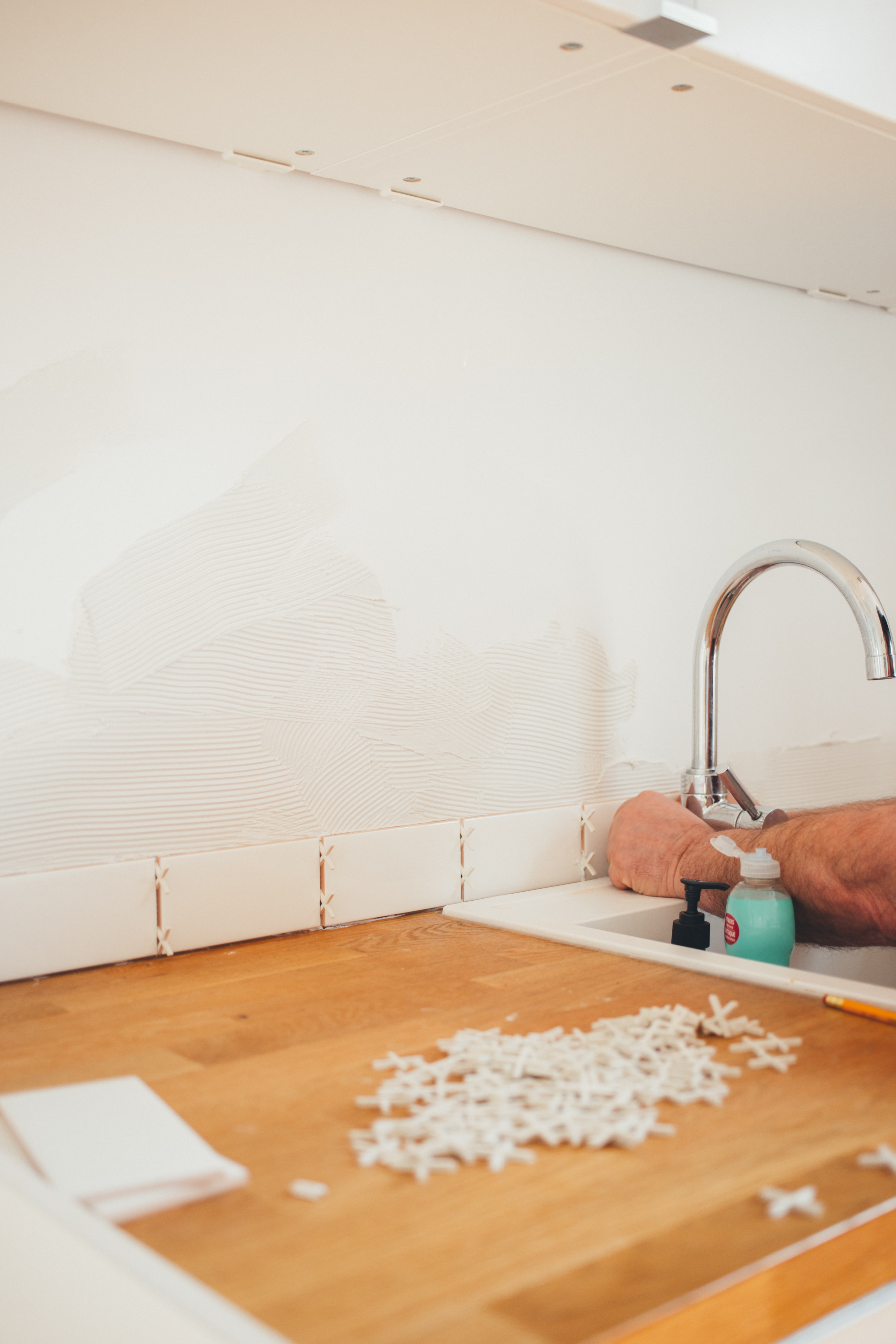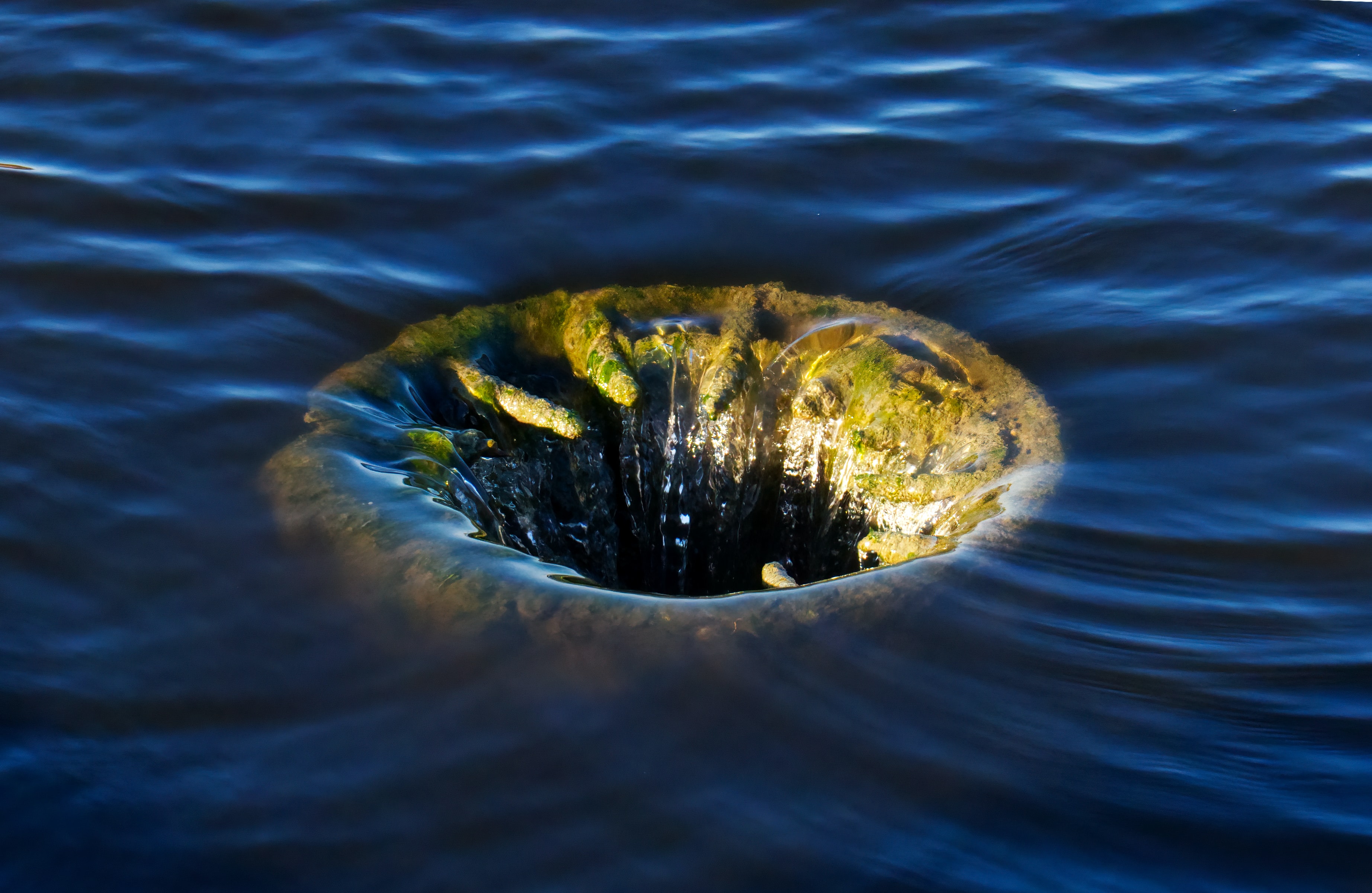
Hot Water Systems
4. Never, ever, ever, ever, ever, ever, ever, ever, ever, ever, ever, ever, ever, ever,
All of the minute bits and bobs that get left on your plates and pans when you're doing the dishes fall down that one small drain and ultimately clump together to form something more substantial. Grease and fat adhere to surfaces more than you might believe, and when they build up over time, they will always result in a blockage.
"You don't throw cooking oil down the sink," our expert plumber Brad Pesavento adds, "because once that cooking oil gets cold water, it freezes and sits in the drain." Worse worse, chemicals and home treatments will not unblock it; a water jet will be required to thoroughly clear it out.


